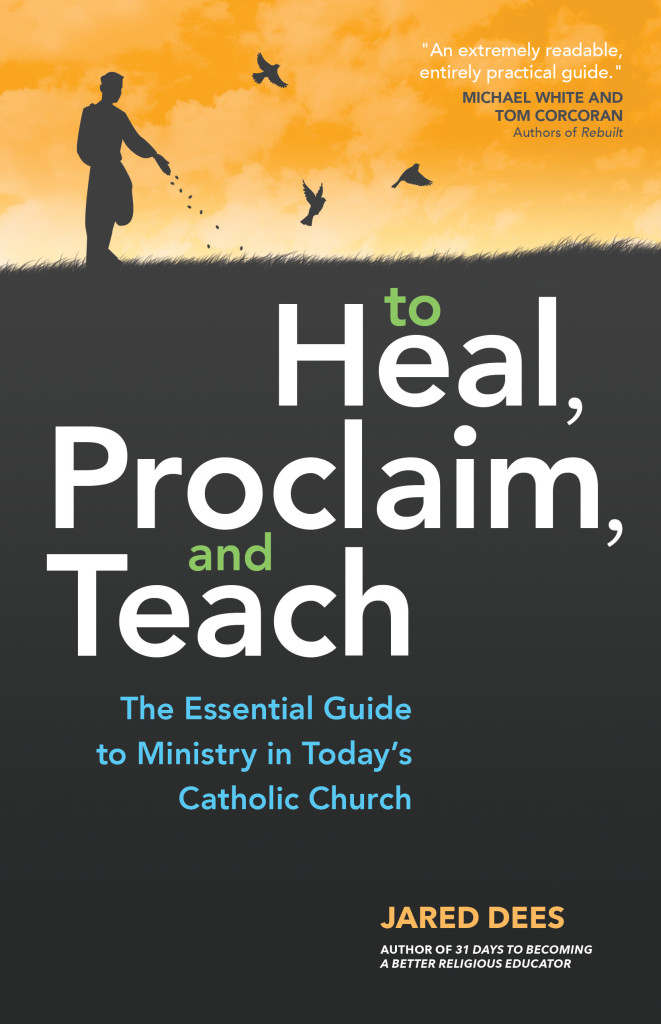New Testament Roots
Suppose we look at the New Testament as a field manual for evangelization. Within its pages, we have story after story of people’s lives being transformed from distant seekers to dedicated disciples. If we look at these stories and the many examples of conversion in the New Testament, we start to see similarities between the situation in Israel two thousand years ago and the situation we are in today.
This chapter is a kind of lectio divina for a present-day evangelizer. It is meant to guide you in reflection on particular people in the New Testament in order to inspire you to think and pray about how you can become a better disciple. By imagining ourselves in the shoes of these figures, contemplating each person’s feelings and motivations, we can learn from them and grow in our own efforts to evangelize, not just in our ministries, but in all aspects
of our lives.
Top Takeaways from Chapter 1
Jesus healed the sick.
But not just of their physical ailments. He healed their wounds caused by sin and separation and welcomed them into a loving community of disciples.
Jesus pointed out the exemplary faith of the poor.
Likewise, Pope Francis challenged us to “let ourselves be evangelized” by the poor (Evangelii Gaudium, 198)
Jesus proclaimed good news to the crowds.
He did not teach them. He proclaimed the Good News of the Kingdom of God.
Jesus healed the sinners.
His merciful love healed their wounds of shame and welcomed them into a community of merciful disciples.
Gentiles encountered Jesus and became his disciples.
We cannot let the labels of religious identity stand in the way of people experiencing a loving encounter with Christ.
The Apostles were unimpressive, everyday ordinary guys.
Instead of choosing the Twelve from among the highly educated religious elite, he picked regular guys. If you don’t feel worthy to serve the Church, then take a quick look at the kind of guys Jesus picked to be his leaders.
The disciples gave up everything to follow Jesus.
They were more than students. They carried their crosses making sacrifices to follow Jesus. .
The Pharisees intentionally separated themselves from other, less-worthy people.
They were highly religious separatists who looked down upon those who did not know or believe in the Law to the same degree as they did.
Saint Paul is a model for evangelization.
He should have been cast out for what he did to Christians. Instead, he led them.
Further Reading
“Christians: More Like Jesus or Pharisees?”
Barna Group



